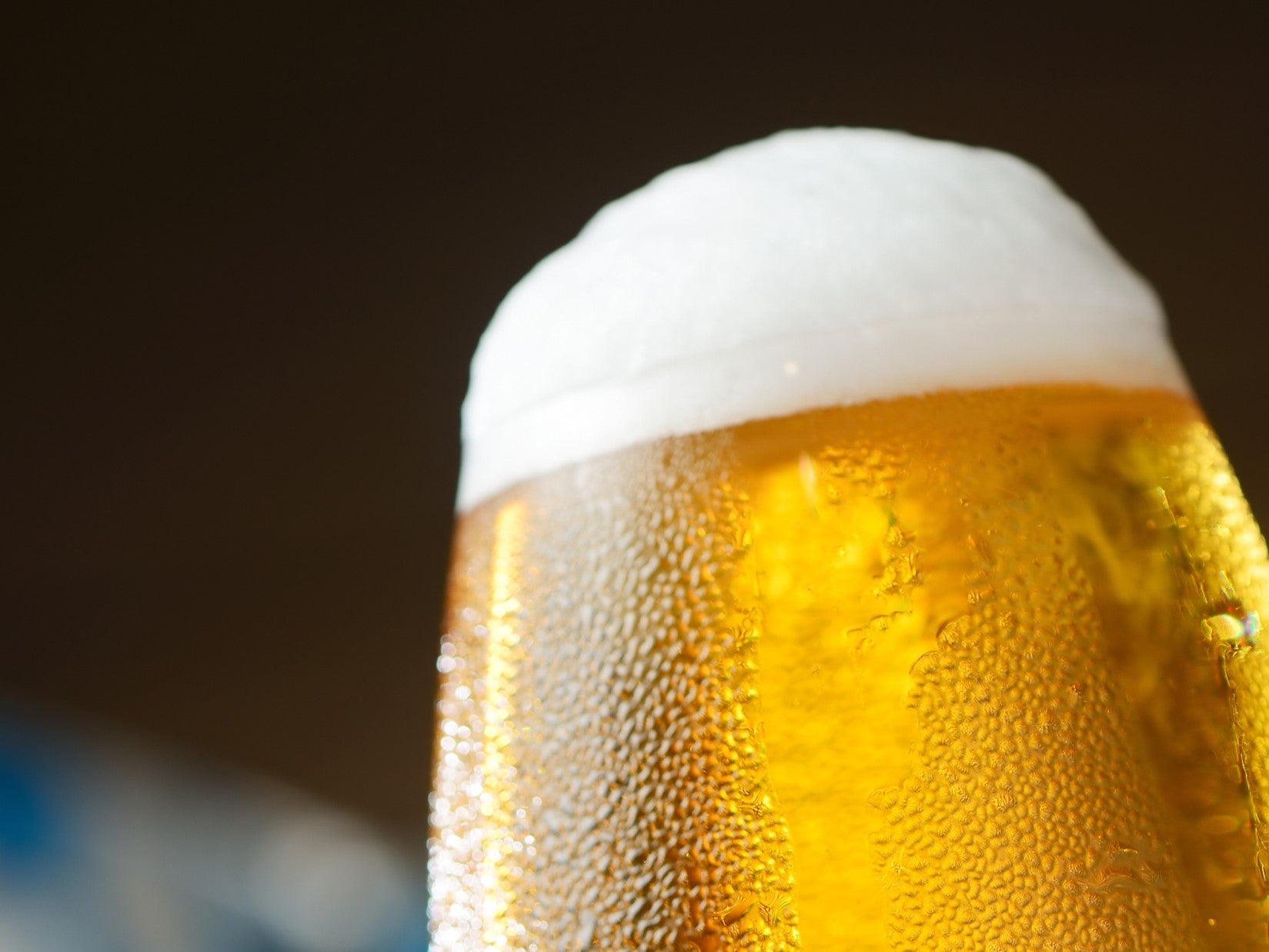Scientists figure out how to make batteries out of beer waste
Billions of tons of brewery waste could offer a unique sustainable energy solution

Your support helps us to tell the story
From reproductive rights to climate change to Big Tech, The Independent is on the ground when the story is developing. Whether it's investigating the financials of Elon Musk's pro-Trump PAC or producing our latest documentary, 'The A Word', which shines a light on the American women fighting for reproductive rights, we know how important it is to parse out the facts from the messaging.
At such a critical moment in US history, we need reporters on the ground. Your donation allows us to keep sending journalists to speak to both sides of the story.
The Independent is trusted by Americans across the entire political spectrum. And unlike many other quality news outlets, we choose not to lock Americans out of our reporting and analysis with paywalls. We believe quality journalism should be available to everyone, paid for by those who can afford it.
Your support makes all the difference.Scientists have discovered a method for creating battery materials from brewery waste.
A team of chemists from Friedrich Schiller University Jena in Germany claim the technique could transform billions of tons of by-products from beer brewers into energy storage devices “for a climate-friendly future”.
The researchers were able to use spent grain from a nearby brewery as a bio-source to obtain carbon for use as electrodes in batteries and supercapacitors.
“For some years now, we’ve been researching the suitability of different biological raw materials for realising carbon-containing materials that we use to create energy storage devices,” said Professor Andrea Balducci from the University of Jena.
“And brewery waste meets important criteria for this: its chemical composition is in principle very suitable for the applications we’re targeting.”
The scientists noted that breweries are well distributed around Europe, making the waste readily available as a raw material for this process.
The European Union generates around 7 billion tons of spent grains, with roughly 1.5 billion tons made in Germany alone.
“This type of waste could be an interesting option for producing materials for supercapacitors if certain factors can be further optimised, such as the cost of the chemical composition of the raw material,” Professor Balducci said.
“We’ll work in further projects to better understand the advantages and limitations of using this abundant material, so that it might then be used more widely in the production of sustainable energy storage.”
The research was detailed in a study, titled ‘Brewery waste derived activated carbon for high performance electrochemical capacitors and lithium-ion capacitors’, published in the journals Electrochimica Acta and Energy Technology.
The study forms part of a growing field of research into unusual materials that could be used as batteries, either in consumer electronics or for large capacity storage solutions for renewable energy technologies like wind and solar.
Last year, scientists in the US created a novel type of biodegradable battery made from the shells of crabs, while earlier this year a team from the International Institute for Applied Systems Analysis found that abandoned underground mines could be repurposed to store vast amounts of energy using gravity batteries.



Join our commenting forum
Join thought-provoking conversations, follow other Independent readers and see their replies
Comments